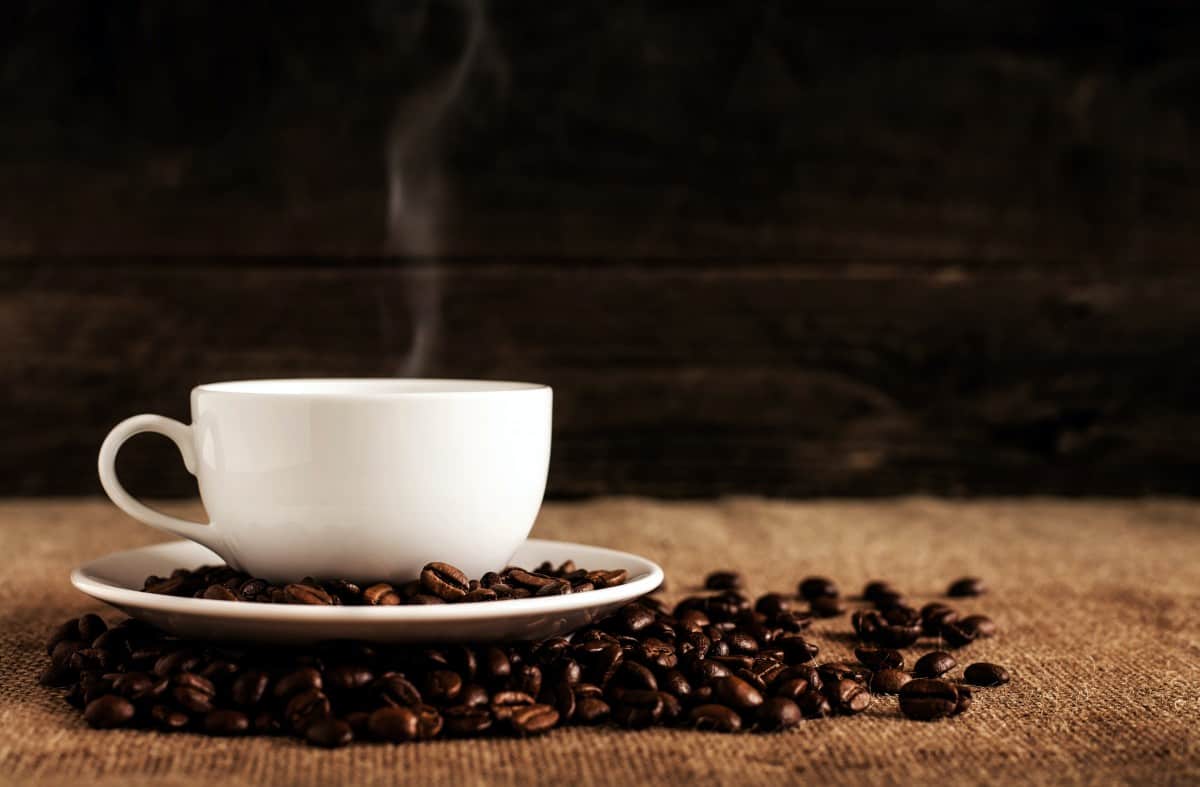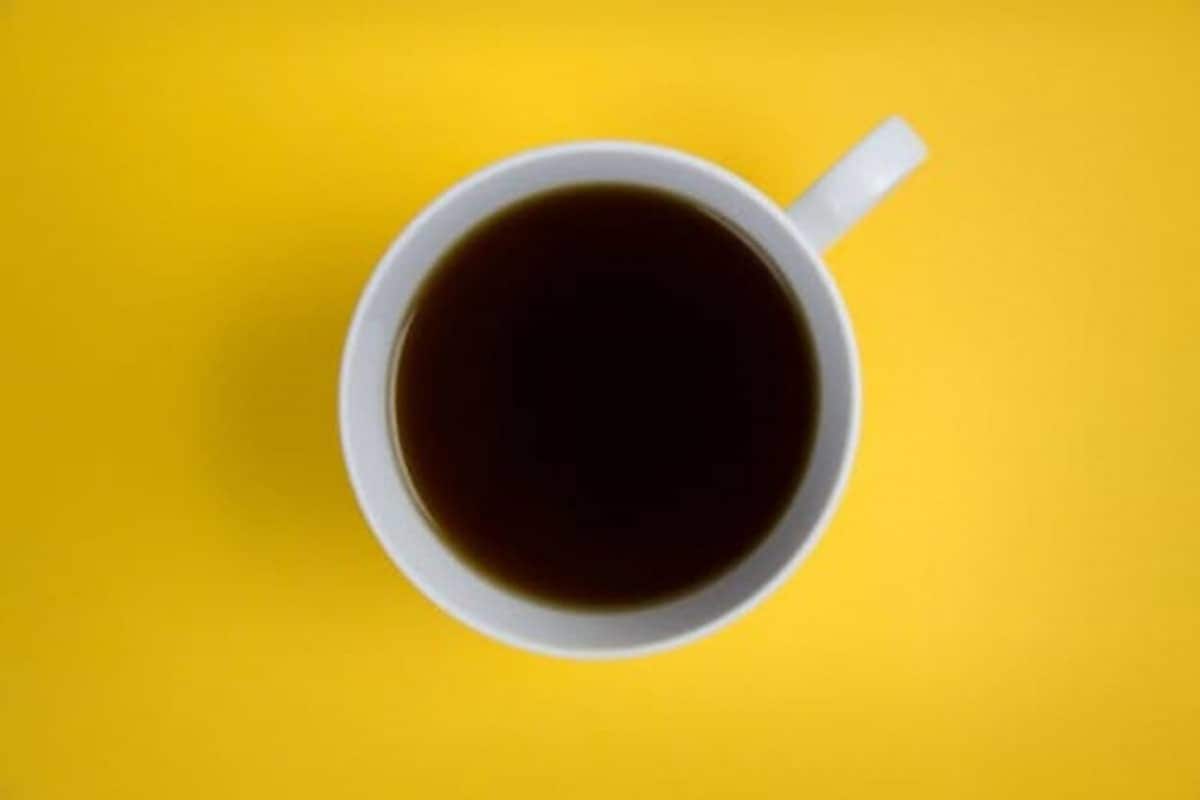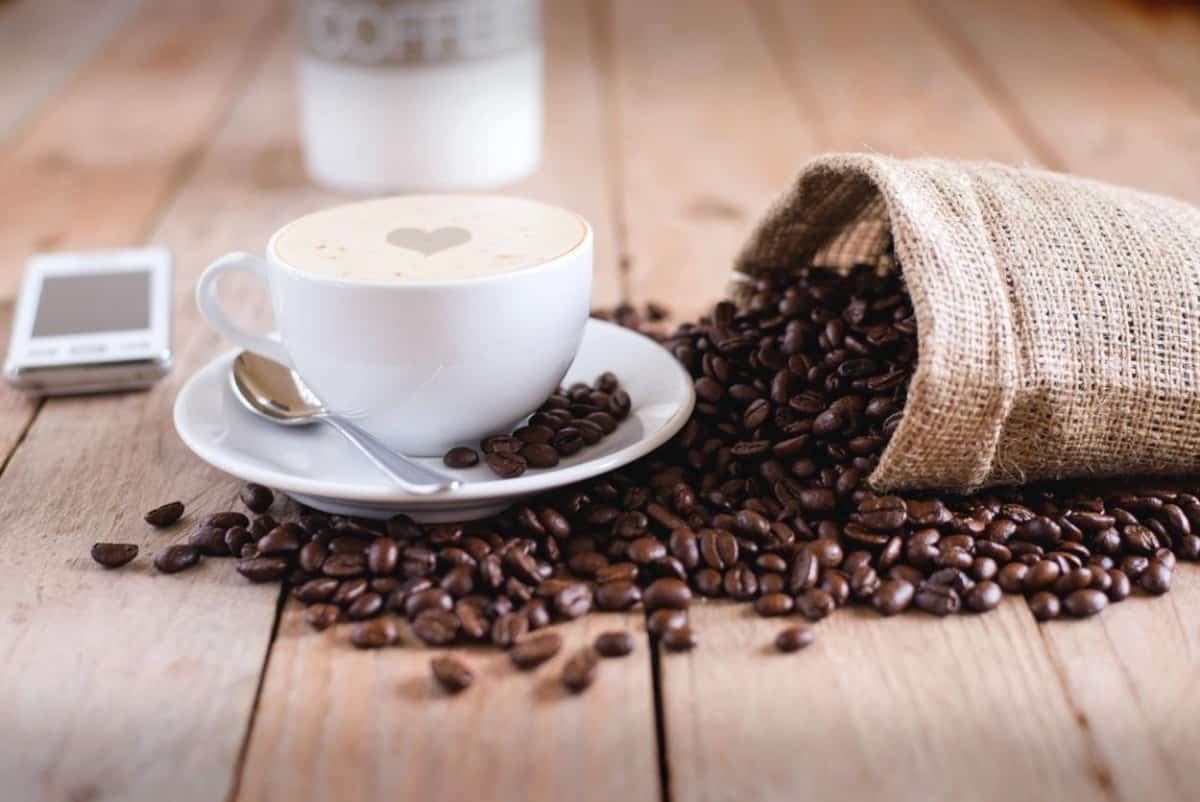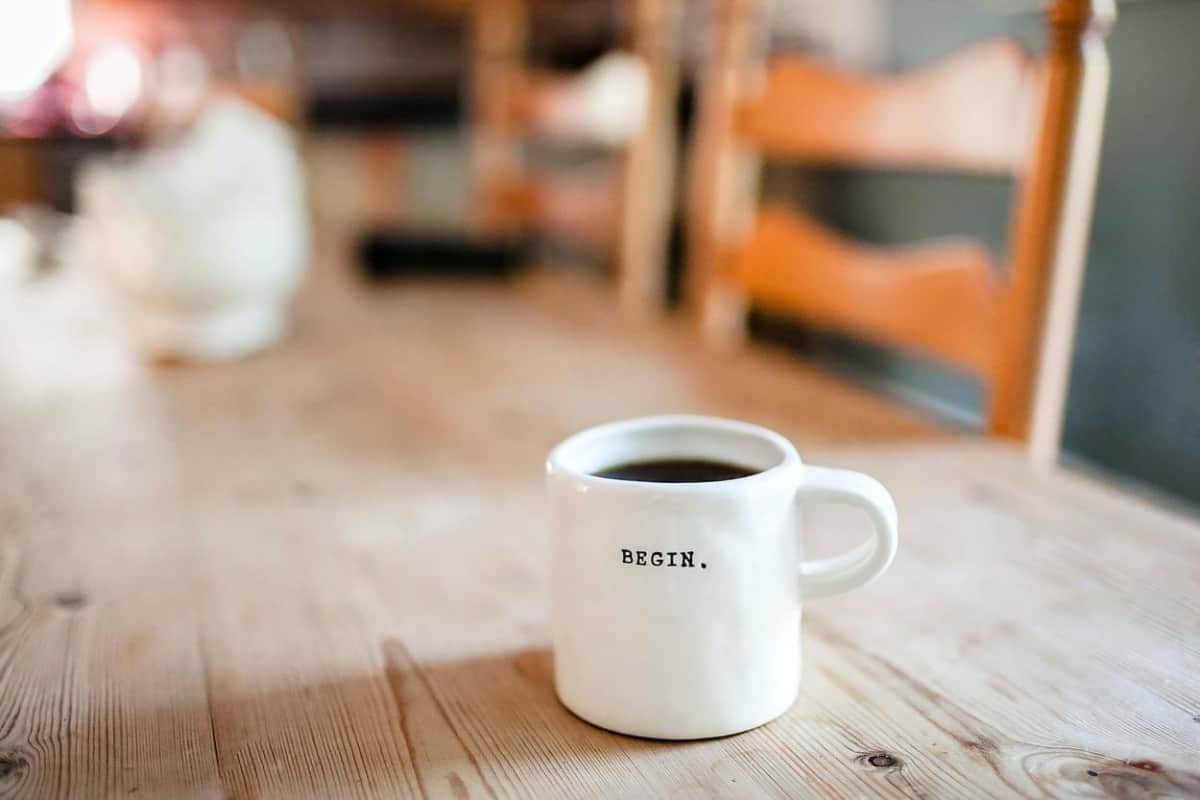Coffee is not only loved as a quick energy boost but also as an appetizing addition to your daily diet. If you’re drinking coffee in moderation, you can reap the best health benefits from the drink.
Nowadays many coffee varieties are popular in the market, giving a chance to all the coffee lovers to have their desired taste in the beverage.
Coffee extract is a flavoring that is prepared by mixing the coffee with a solvent. In this age of quick baking, such extracts can ensure a better taste and aroma for your foods and offer unique flavors.
However, many may conceive the confusion regarding the presence of caffeine in the extract.
Short answer: Coffee extract contains caffeine. The amount will depend on the type of beans used and the method of extraction.
In the following sections, I’ll be answering more relevant queries on whether the extract contains caffeine or not.
Does Coffee Bean Extract Have Caffeine?
Coffee bean extract does have caffeine but the amount may vary depending on the type of bean you’re using.
If you’re mixing vodka or ethanol with the coffee beans, it’ll take two-three weeks to extract the flavoring and the caffeine amount won’t be depleted.
As you may know, Arabica and Robusta are two of the most popular coffee beans. If you’re using arabica, the finest one in the extraction, you can assume to get up to 1.5 grams of caffeine from 100 grams of the beans.
In the case of Robusta, the caffeine amount can get up to 2.7 grams from 100 grams. This is because Robusta contains about 2.7% caffeine content which is almost double of Arabica.
The caffeine content may significantly become low or even zero if you’re using beans from sources other than ground coffee for extraction.
If you’re using vodka or ethanol for extraction you’ll have caffeine in the coffee extract.
Thus some of the contributing factors that need to be taken into account for the variation in the caffeine content are:
- Type of beans used (arabica or robusta)
- Quality of beans used (dark roast or denser)
- Quantity of beans used
- Period of extraction
- Method of extraction
- Quality of alcohol
- The temperature of the room
- Quantity of alcohol used
- Number of times the mixture (alcohol and coffee beans) was stirred
The amount of caffeine present in various coffee beverages and varieties are shown below:
| Type | Serving Size | Caffeine Per Serving |
| Drip Coffee | 8 fl. oz. | 65 – 120 mg |
| Cold Brew | 16 fl. oz | 200 mg |
| Espresso | 2 fl. oz. (1 shot) | 60 – 102.67 mg |
| Coffee Extract | 100 gm of coffee beans | 1.5-2.7 mg |
| Long Black | 100 ml water | 86.79 mg |
| Flat White | 12 fl. oz | 130 mg |
Does Coffee Extract Have Benefits?

Coffee extract has benefits, especially green coffee extract. It can improve your blood circulation and maintain cholesterol levels.
The antioxidant and anti-inflammatory properties are more pharmacologically active and dominant in the unroasted beans, i.e the green ones. This is why the best health benefits can be achieved from green coffee extract.
Green coffee bean extract contains chlorogenic acid that is an essential group of antioxidants that help in lowering the sugar level in the blood, boost fat metabolism and improve weight-related hormonal issues. The chlorogenic acid in the extract has antioxidant, anti-inflammatory, and antihypertensive properties.
Moreover, the presence of other bioactive compounds in the extract is responsible for several healthful properties such as:
- Blood Pressure– People having green coffee extract for several weeks tend to have significantly controlled blood pressure. The systolic and diastolic blood pressure reduces in case of the people with hypertension.
- Weight loss– Caffeine consumption is assumed to help in losing weight and body mass index. Researchers believe that chlorogenic acids are the key ingredient to this weight loss process as they may help lowering blood sugar levels and reduce insulin spikes.
- Type 2 diabetes– For a similar reason, green coffee bean extract may b helpful in controlling type 2 diabetes by improving blood glucose levels.
- Antioxidant and anti-inflammatory properties– Green coffee extract may also reduce chronic inflammation due to its antioxidant and anti-inflammatory properties.
Does Coffee Extract Have Alcohol?
Coffee extract does have alcohol. In fact, alcohol is a primary ingredient that helps the beans in the extraction process to ensure the perfect flavoring.
Caffeine is more soluble in alcohol than water so the extraction of the flavoring becomes easier as you add alcohol.
However, you can also use alcohol substitutes such as food-safe glycerin instead of alcohol in the mixture.
Since it’s hard to find pure coffee extract in the grocery stores, make your one at home with easy recipes available online.
Is Coffee Extract the Same as Coffee?

No, coffee extract is not the same as coffee. One is a pure form of caffeine and the other is made from mixing the beans with alcohol.
Coffee is basically a brewed drink from the coffee beans and that is the result of the coffee concentrate. It’s one of the purest forms of natural caffeine that’s beneficial for getting better endurance and instant alertness.
However, the coffee extract can also be extracted from other components rather than coffee. Some of these include chicory and even garlic. So you see you can prepare the extract without including the real beans as well. The main thing that holds the beverage is the concentrate of the drink, not the extract component.
Some people may assume that espresso is a coffee extract. Well to some extent it is. However, the concentration of the coffee is what makes it a different beverage from other varieties.
Remember, the coffee concentrate that you drink is the real coffee. The extract that we’re talking about is just a flavoring.
Several reviews also state that the main difference between the two is that the coffee extract is extracted from the coffee beans while the coffee that we drink is a beverage where the coffee extract is one of the main components.
Can You Make Your Own Coffee Extract?
You can prepare coffee extract in your home. The ingredients and process are quite simple.
The things that you’ll be needing are:
- Roasted Coffee Beans
- Alcohol (Vodka)
- Glass Bottle with lid or cork
At first, you need to take about 1/4 of good-quality coffee beans in a mortar and pestle and crush it to get a powdery texture. After crushing it lightly, store it in a clean jar with a fitting lid.
Now, pour 1 cup of alcohol or vodka into the jar and prepare a good mixture by stirring. After stirring, close the lid tightly and set the jar aside for a week or two. You can also keep the jar for several weeks to get a better texture.
You can mix the content after a couple of days and see how the extraction is going. The process is easy, time-efficient, and also serves you with a delicious preservative for your baked items.
Can I Use Coffee Instead of Coffee Extract?

You can use coffee instead of coffee extract. If you currently don’t have the extract, you can use instant coffee as a substitute.
Coffee extract is the coffee flavoring that serves the same as vanilla essence. Whenever you’re baking and you want to get an enriched chocolate texture in your milkshake or cake, just add a few hints of the coffee prepared at your home.
There isn’t any standard amount of preparing the coffee liquid.
You can add 1 tablespoon of instant coffee with 2 tablespoons of hot water and balance it accordingly. The amount of the solution will depend on the desired flavoring you want in your food.
In Conclusion
Here I can conclude that coffee extract contains caffeine. The answer is quite obvious since the coffee beans are directly used in the extraction process.
The main thing to debate about is the amount of caffeine used.
Since the quality of beans and the other contributing factors differ, there might also be changes in the caffeine content present in the mixture.
If possible try to use green beans for the extraction, since the outcome will be the best and it’ll come with more health benefits.

